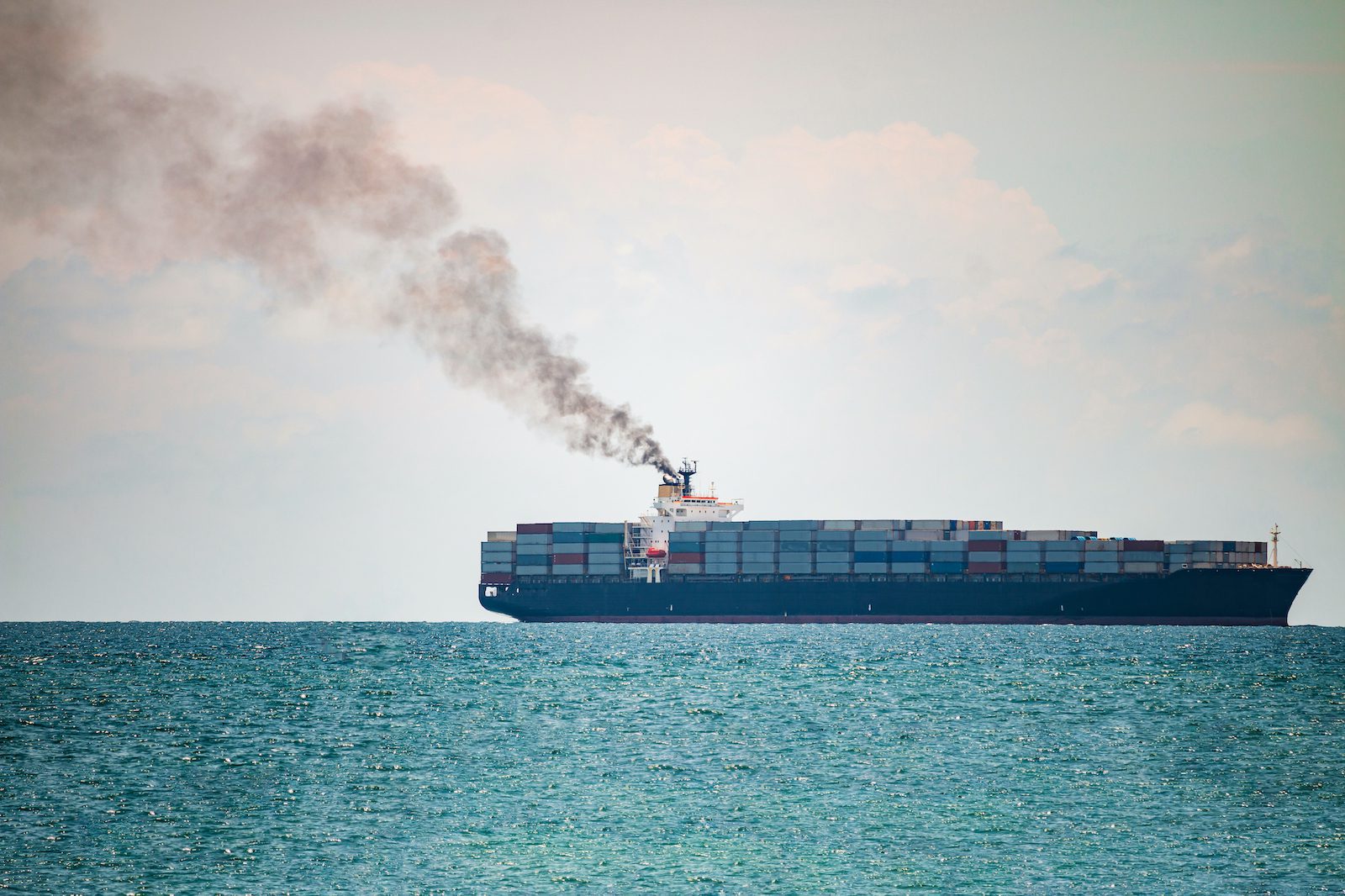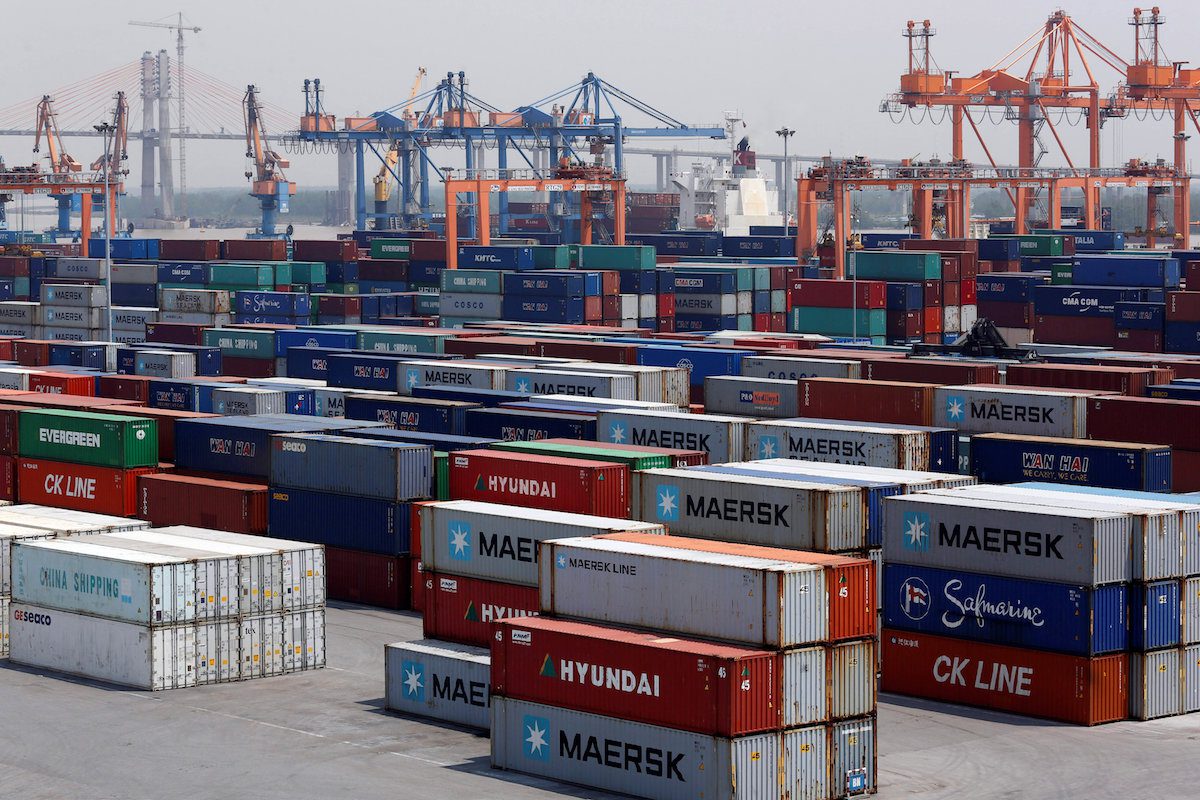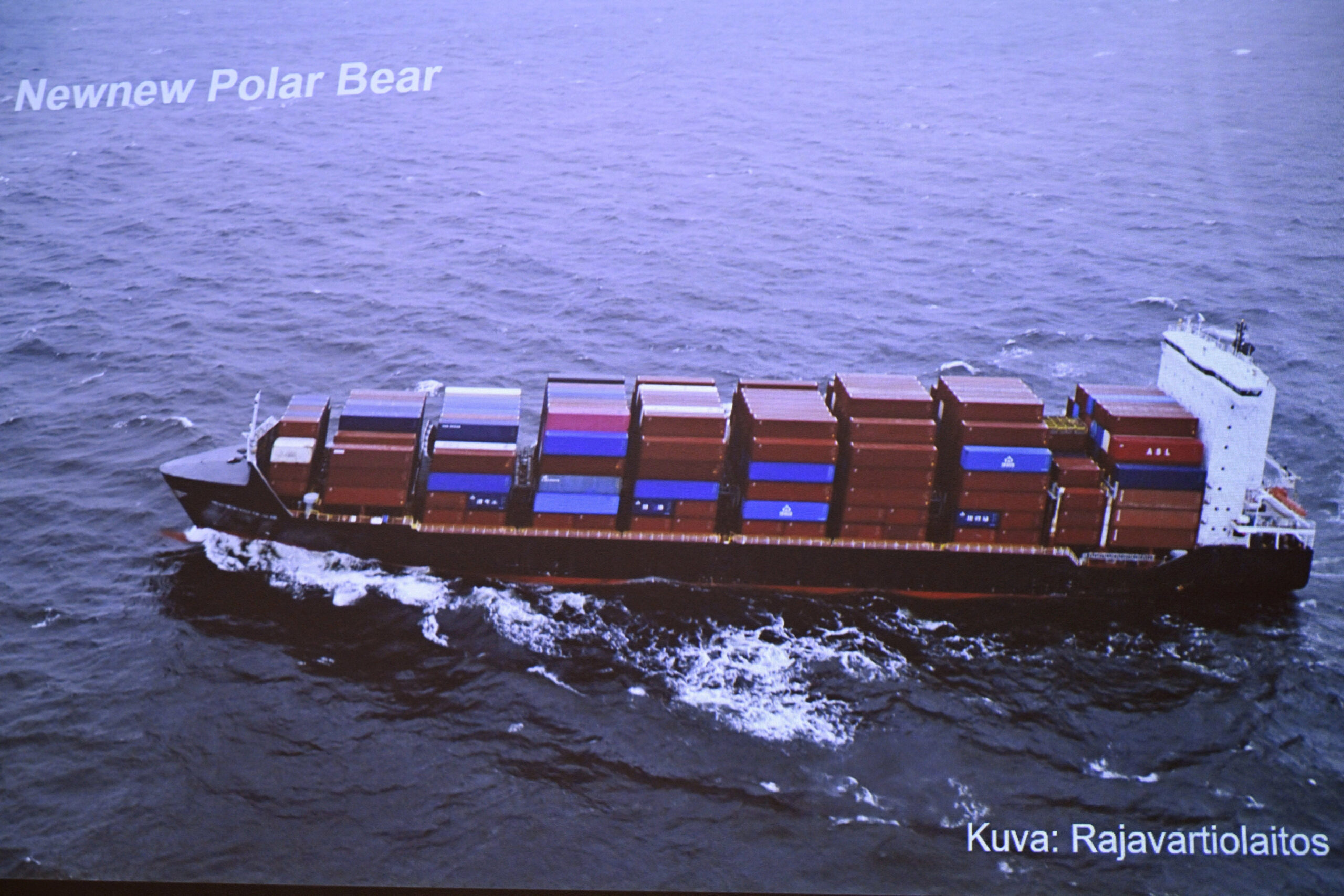Seafarers’ unions have secured commitments to a “Just Transition” for maritime workers as part of the International Maritime Organization’s Revised Greenhouse Gas Reduction Strategy.
The new strategy, which was adopted earlier this month, includes updated targets for cutting emissions in the shipping sector, aiming for net zero by 2050. Researchers estimate the strategy requires a per-ship pollution reduction of up to 60% by 2030 and 91% by 2040 per ship.
The strategy also includes reviewing seafarer training and ensuring new zero-emissions technologies are safe for workers and communities. The International Transport Workers’ Federation (ITF) has welcomed the move, which recognises the importance of seafarers and their role in shipping’s decarbonization.
“This is an historic recognition by the IMO of the importance of seafarers, and of their health and safety needs,” said ITF Seafarers’ Section chair, Dave Heindel. “With this Revised Strategy, the IMO is saying that seafarers have a critical role to play in shipping meeting the decarbonisation challenge.”
Just Transition is a policy that calls for workers and communities to be treated humanely during periods of economic and technological change. It is a core tenet of global climate change policy and is defined as “greening the economy in a way that is as fair and inclusive as possible to everyone concerned, creating decent work opportunities and leaving no one behind” by the International Labour Organization.
“Dealing with the climate crisis fundamentally means engaging the workforce, a central pillar of the ‘human element’ the IMO has focused on in recent years. We are very pleased to see the centrality of workers explicitly recognised in this strategy, which will have far-reaching impacts for years to come,” Heindel added.
ITF General Secretary Stephen Cotton emphasized the importance of fully implementing the targets for seafarers, as failure to do so may cause the shipping industry to lag behind other transport sectors in terms of progress.
“The new targets show increased ambition, and we welcome that,” Cotton said. “But even these new targets don’t measure up to the Paris Agreement and its temperature goals. Every sector has to be aiming for Paris, to climate-proof our jobs and our planet. So it’s crucial that that these new goals are fully delivered.”

 Join The Club
Join The Club











